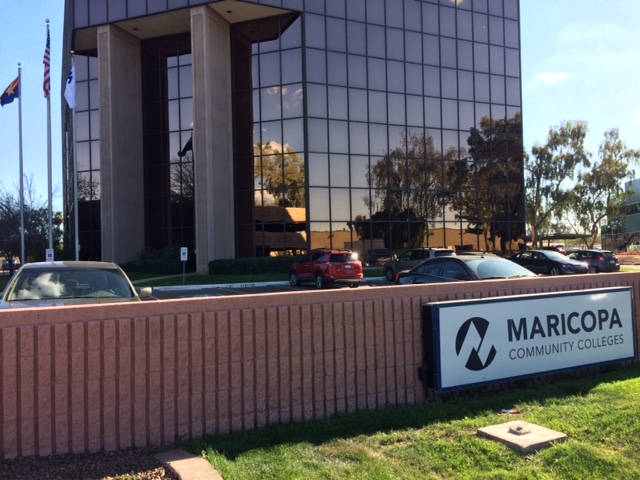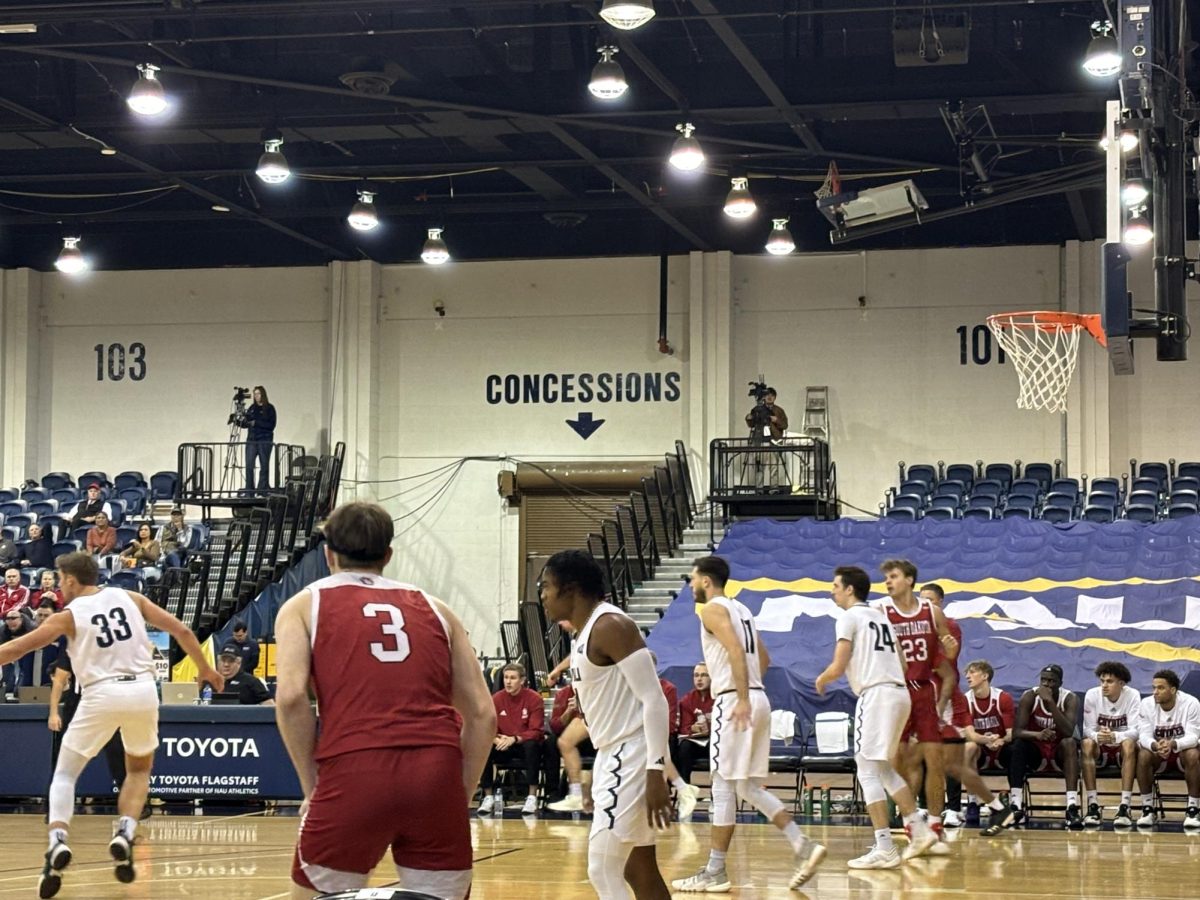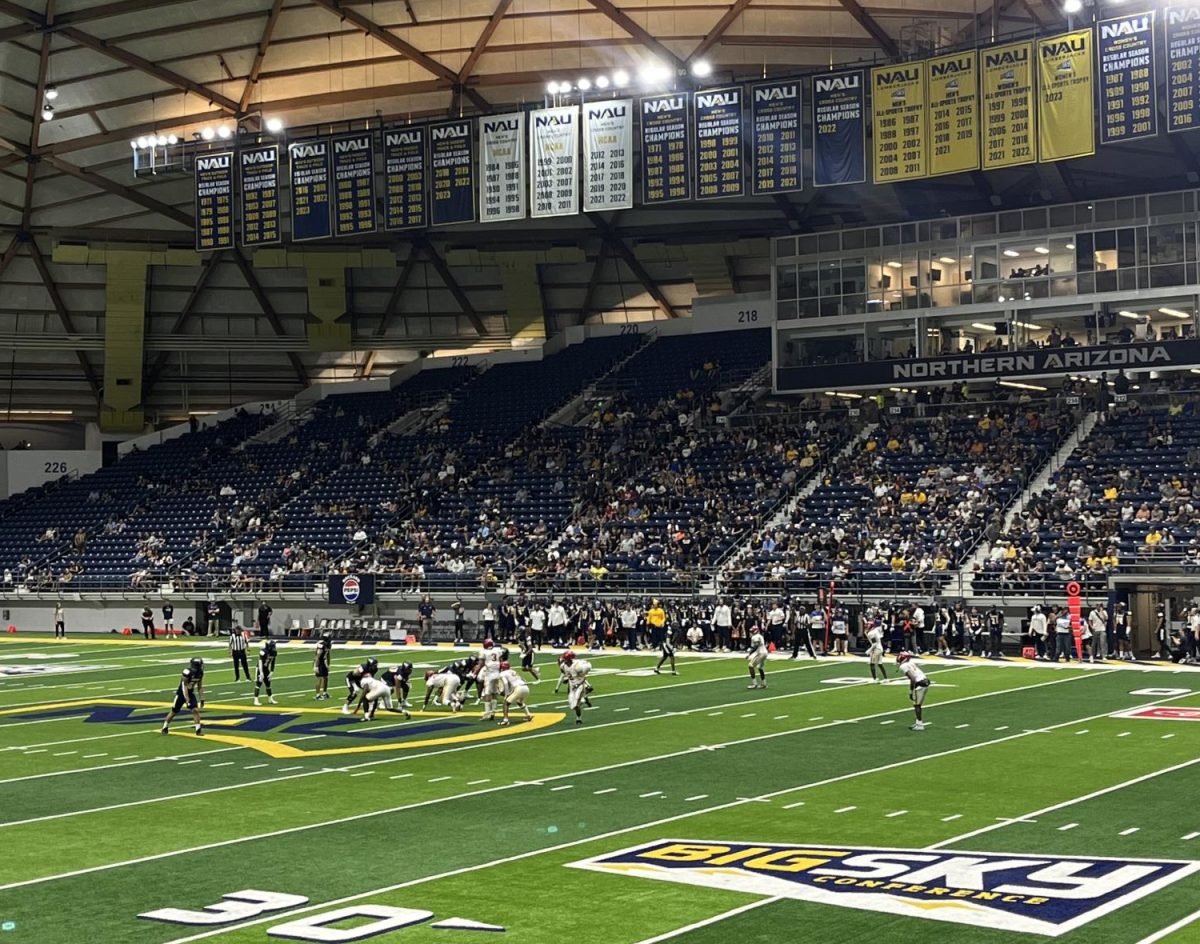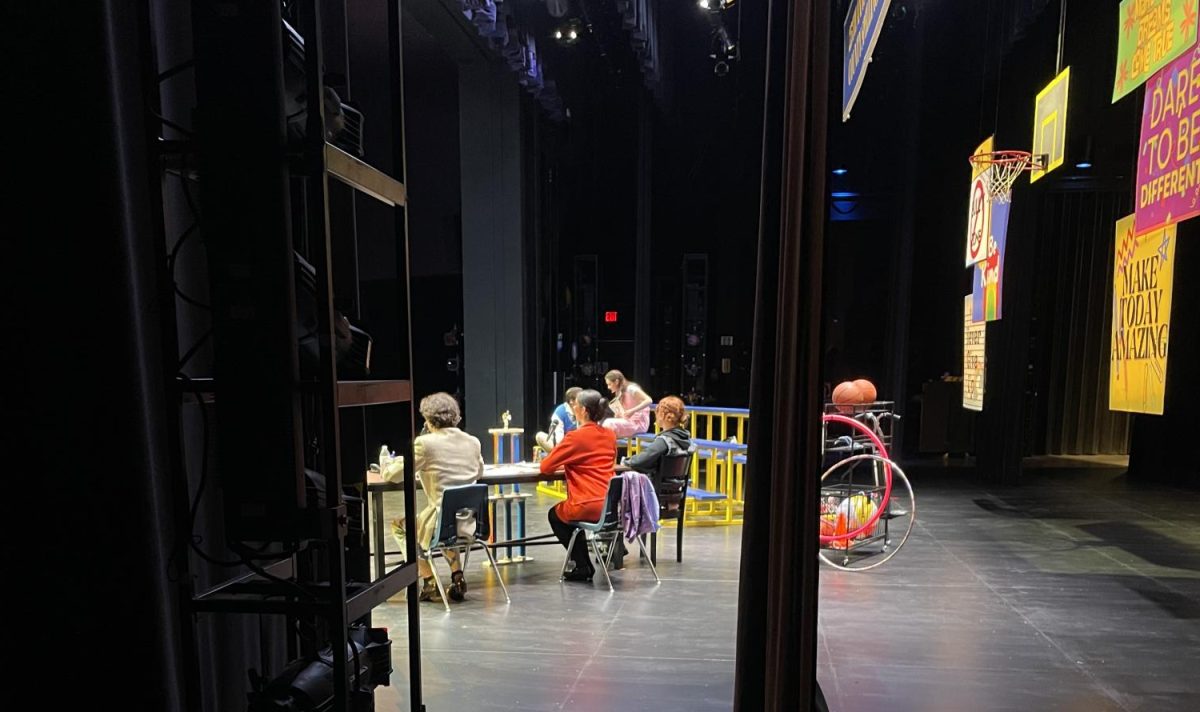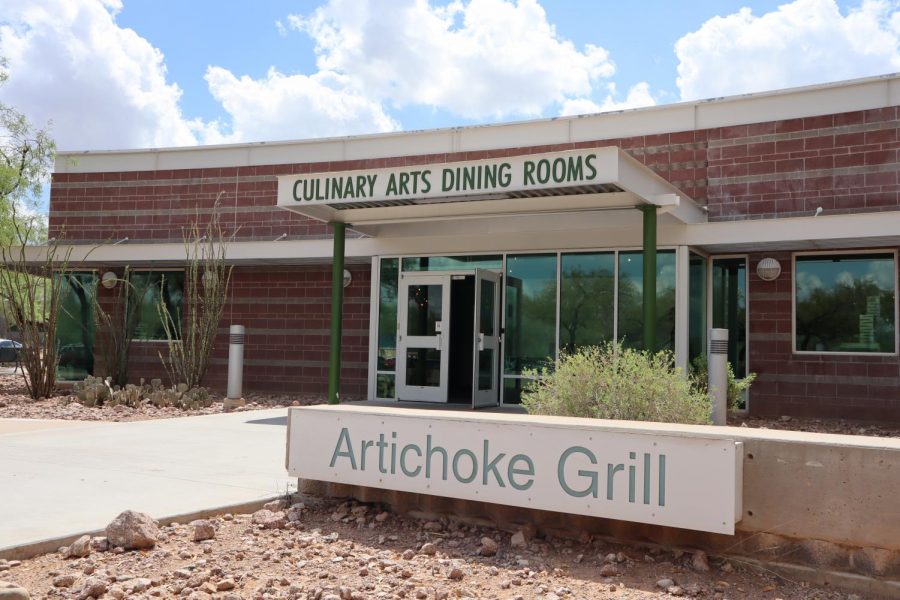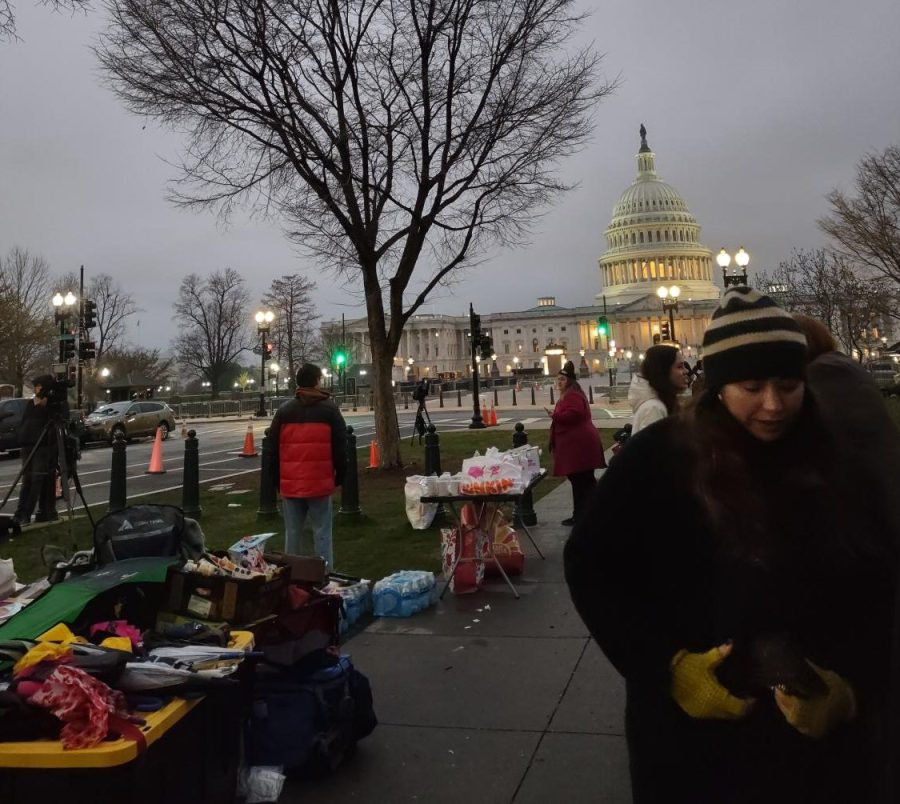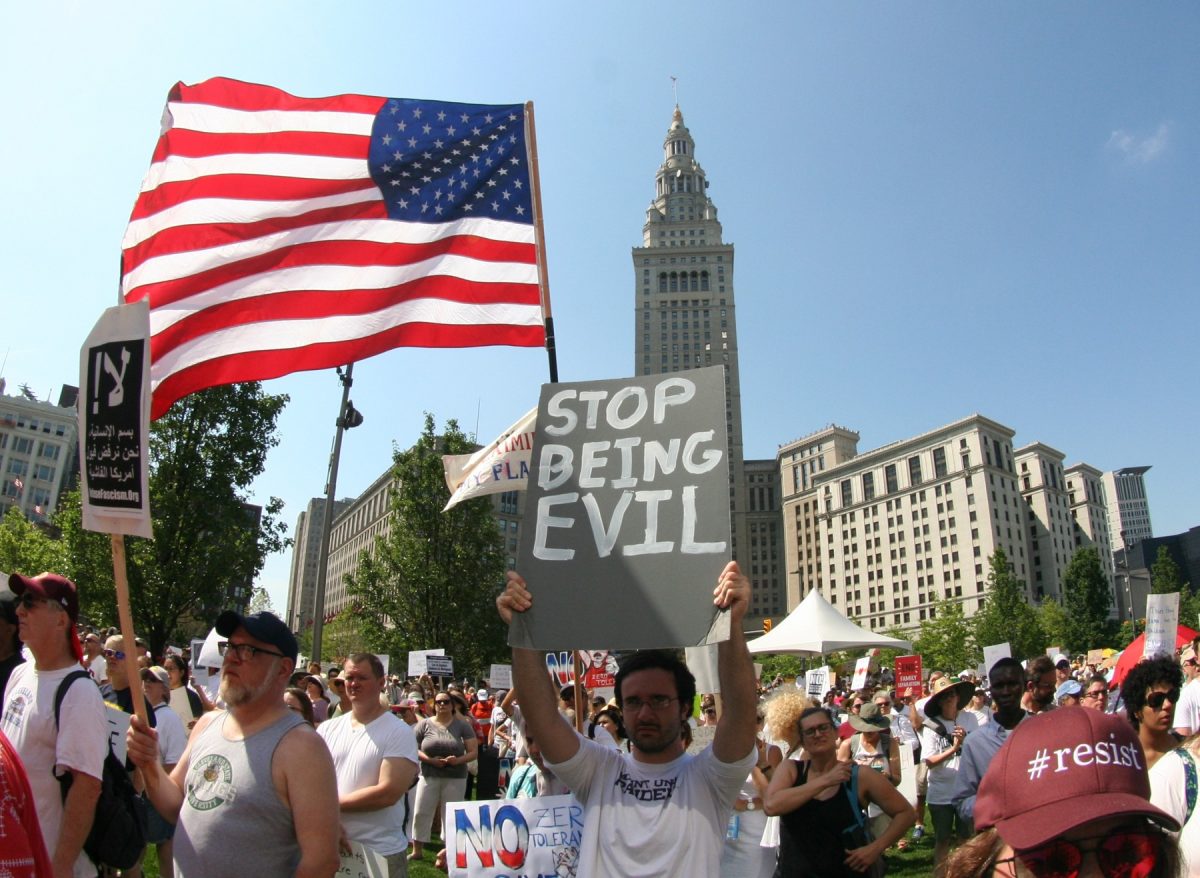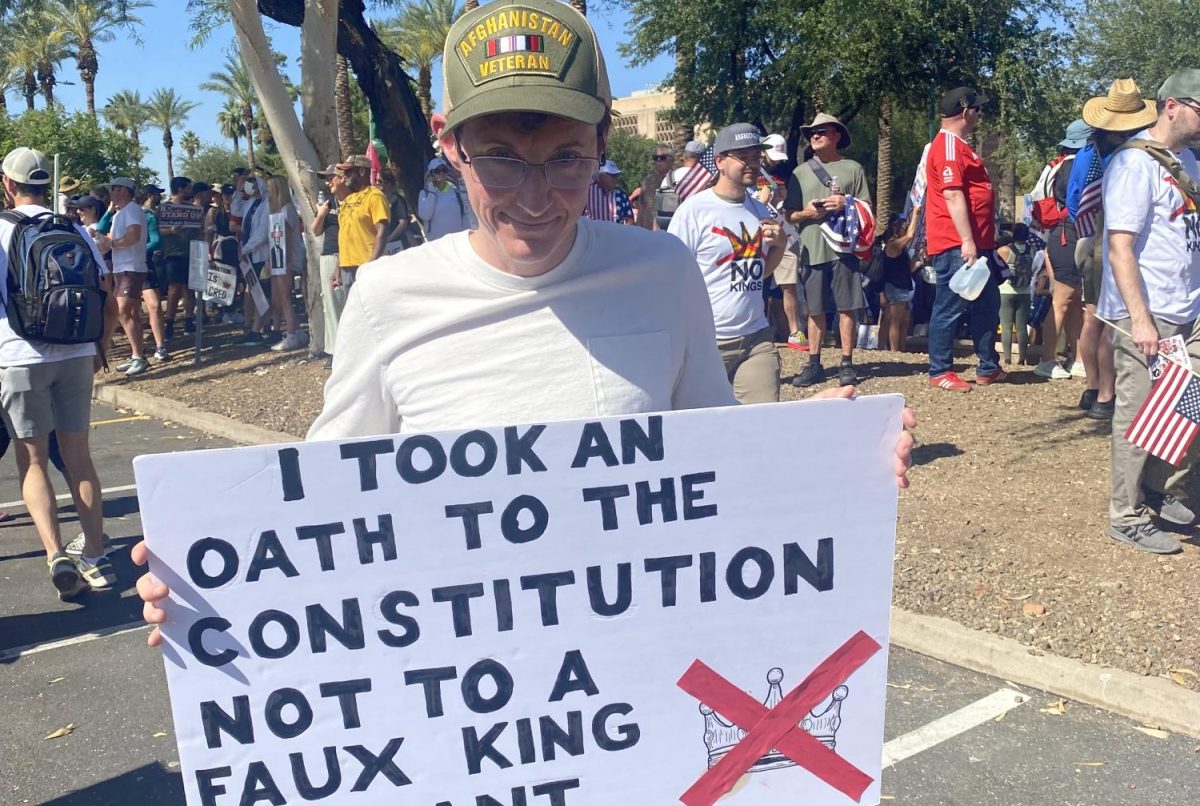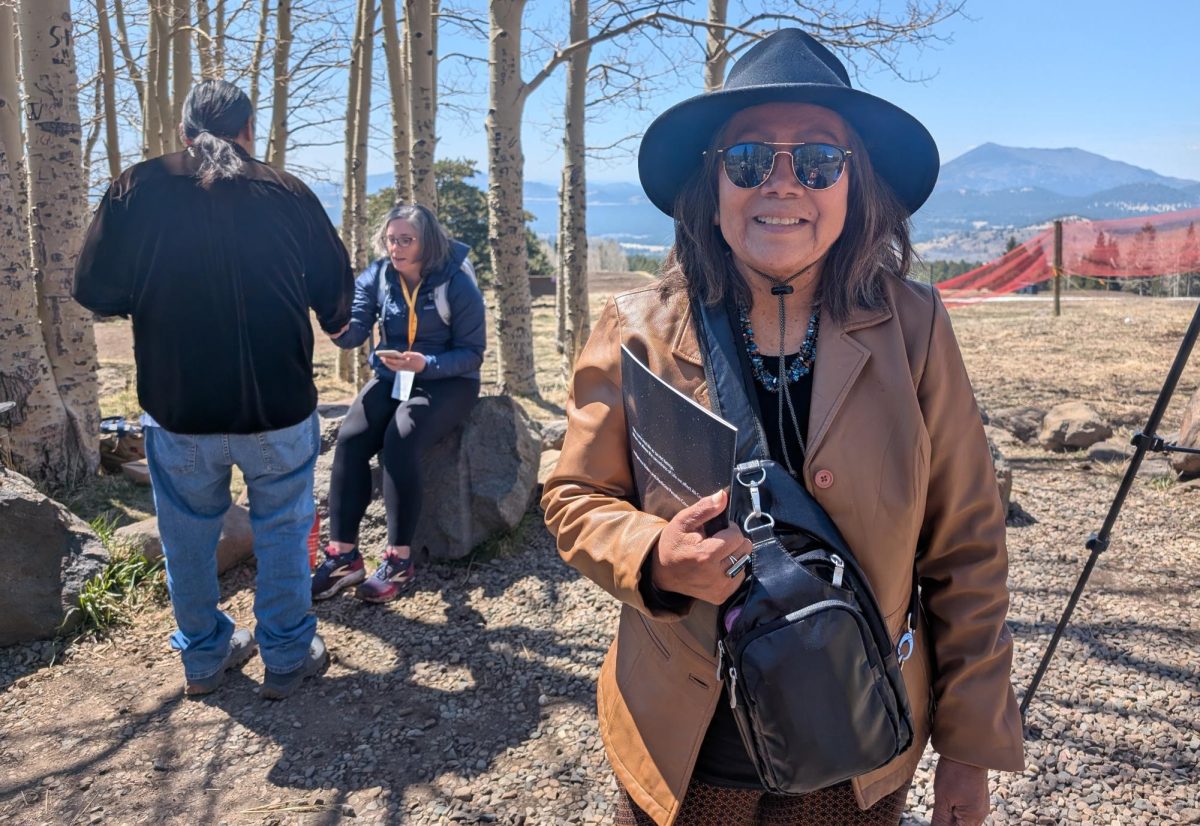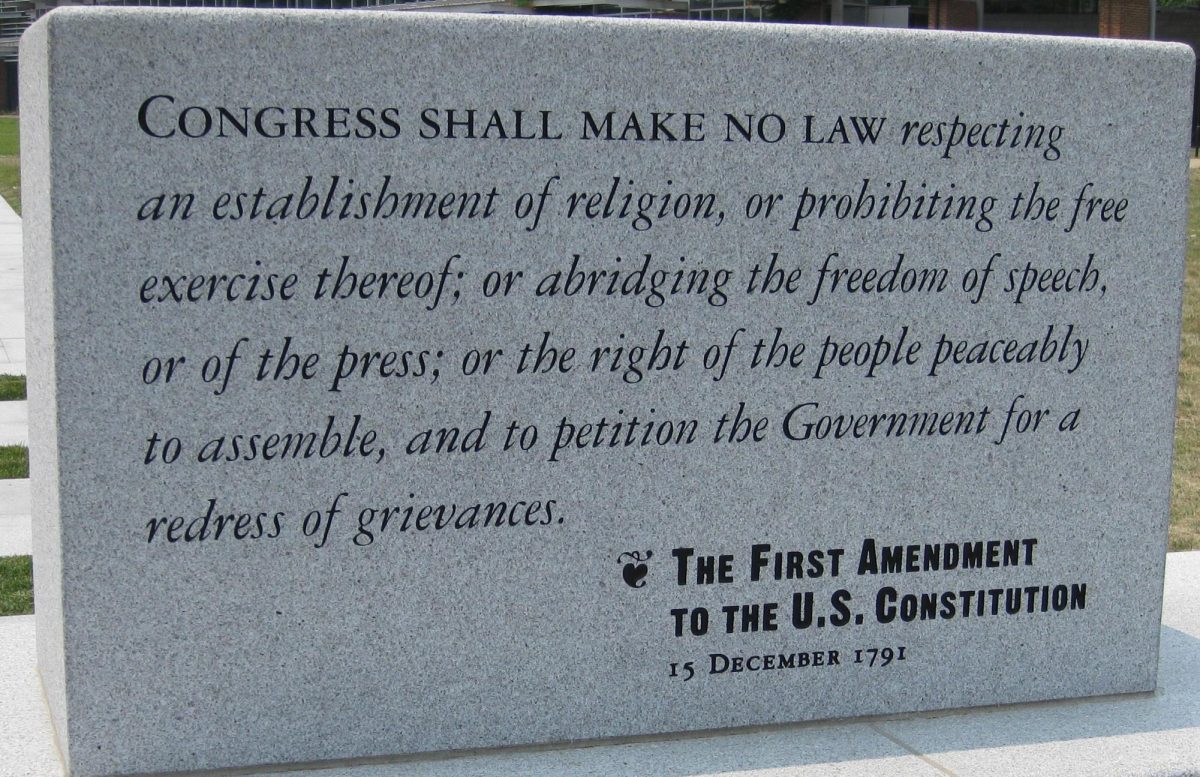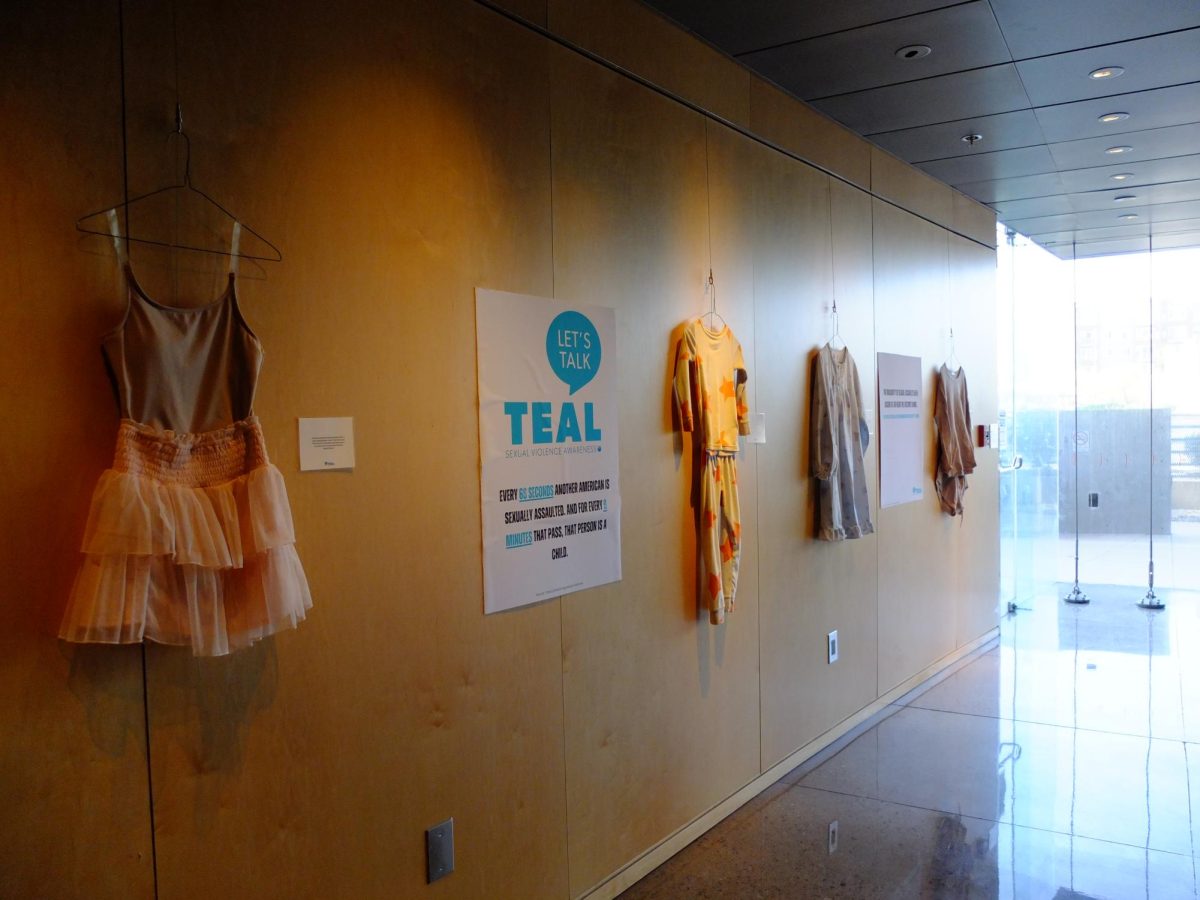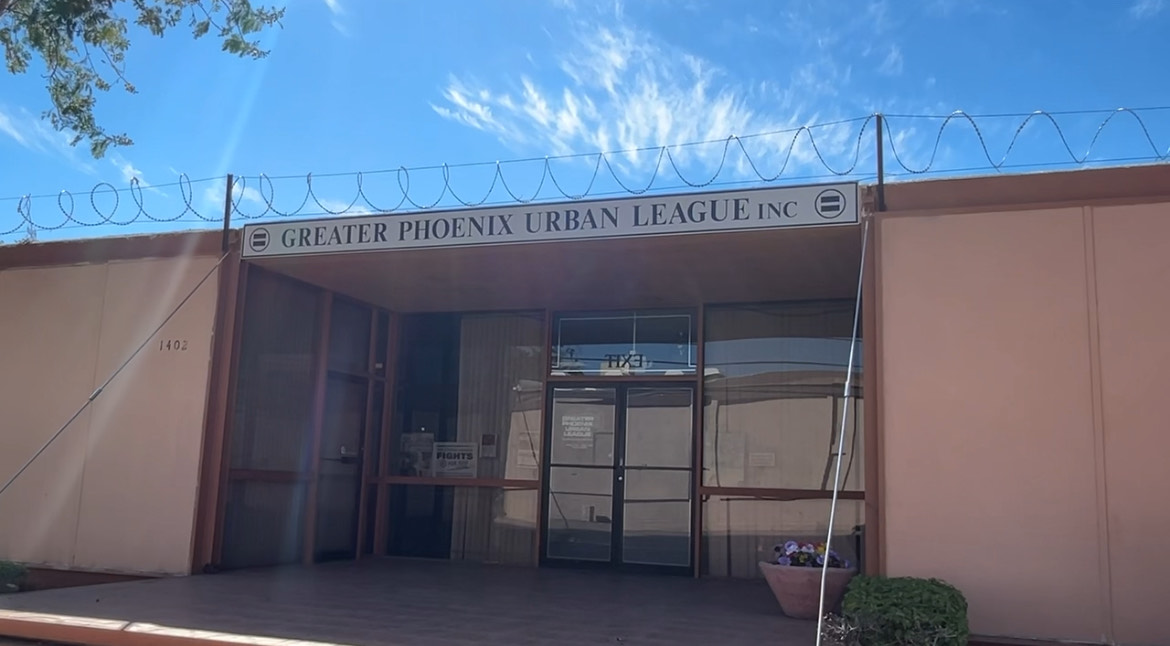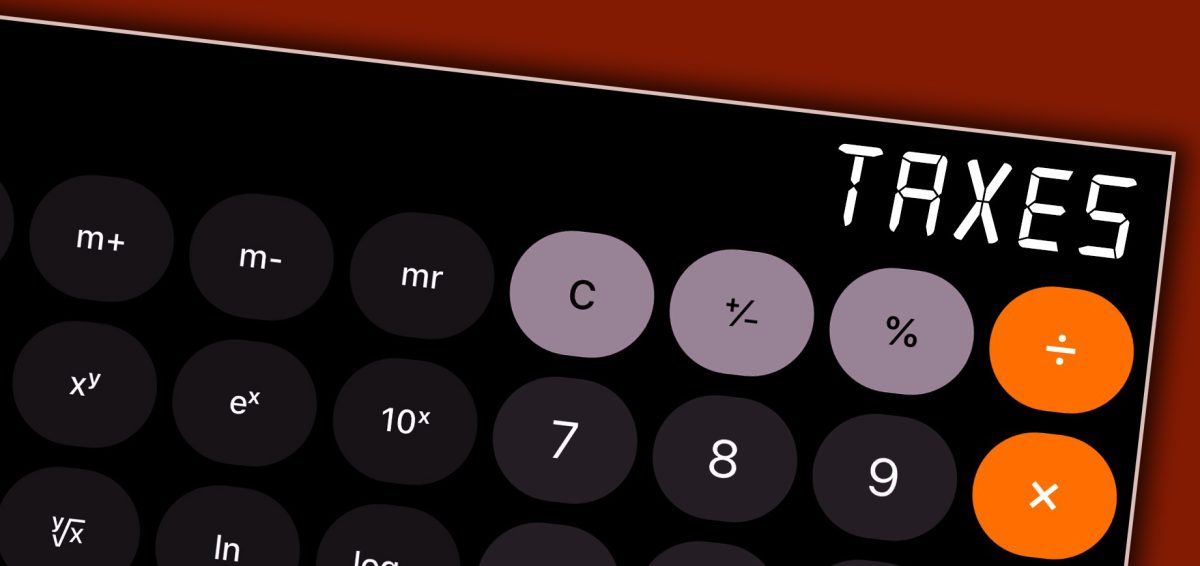Appeals to block President Trump’s DEI executive orders were lifted on March 14 ushering in a disconcerting impact with profound questions and lingering fear for public schools, programs and even other federal agencies nationwide.
Trump signed an executive order banning all programs that promote diversity, equity, and inclusion within government facilities. The order was signed within President Trump’s first week in office and received pushback early in March.
The executive order was challenged by U.S. District Judge Adam Abelson, stating the anti-DEI order draws concerns around First Amendment rights yet the appeals court halted Abelson’s injunction, lifting the block on the executive order in what will leave a dramatic change on public schools and universities.
And although the appeals court granted the administration’s request to lift the injunction, U.S. Circuit Judge Pamela Harris — an Obama appointee — pointed out in her concurring opinion that what the executive orders say and how the Trump administration enforces them “are two different things.”
“Agency enforcement actions that go beyond the Orders’ scope may well raise serious First Amendment and Due Process concerns,” Harris wrote.
Some MCCCD faculty “disappointed” over alleged efforts by district leaders to further review links and topics
Dr. Steven Gonzales, Chancellor of Maricopa County Community College District (MCCCD), announced that MCCCD will discontinue their Diversity Advisory Council and wrote in an email to staff, “Please take note that student organizations are not impacted.”
Reportedly, the Arizona Mirror obtained emails sent by administrators to staff at one of Maricopa County’s 10 community colleges on Feb. 28 asking them to remove Black History Month from the school’s homepage, remove the diversity webpage, remove maps of all-gender restrooms and unpublish convocation information MCCCD shuttered its largest affinity group for LGBTQ+ staff, students and teachers. Web pages that direct to information on Black History Month or Black Student Unions are already removed or disappearing across MCCCD.
“The Mirror also exclusively obtained a spreadsheet being circulated inside MCCCD colleges that purports to show a list of internet links that are up for review to possibly be cut or have their language changed. Among them are:”
- Victimology
- Culture and Society
- Chicana and Chicano Studies
- Sustainability
- Sociology
- Documentary Film Production
- Literature
- Music
- Religious Studies
- Psychology Courses
- Multiple Associates of Arts Degrees
- Amnesty International
- Anthropology Club
- Dungeons and Dragons
- Christian Challenge
- LGBTQ+
- Native American Student Association
- Student Honors Association
Some faculty members from Scottsdale Community College as well as Phoenix College and Mesa Community College told Northeast Valley News they certainly did not agree with the Chancellor’s reported assessment of “student organizations are not impacted” by the recent DEI ban.
One full-time faculty member from Mesa Community College said on the condition of anonymity, “Indeed student organizations are impacted…the morale of many of our students is low. There is confusion and some fear among faculty over long-standing and beloved student organizations—not to mention whether historically factual instruction of diversity and equity will survive in education.”
On Friday, February 14, 2025, the U.S. Department of Education’s Office for Civil Rights (“OCR”) issued a “Dear Colleague” letter advising federally funded schools that it considers any decisions or benefits based on race, color, or national origin to be a violation of Title VI of the Civil Rights Act of 1964 (“Title VI”). The Dear Colleague letter further advised that within the next 14 days OCR “intends to take appropriate measures to assess compliance with the [law] based on the understanding embodied in this letter.”
A source close to the Maricopa Community College administration told Northeast Valley News, the recent “Dear Colleague” letter issued to colleges and universities, including MCCCD, by the Trump administration did not provide a clear distinction on what they considered a violation.
“The letter contains vague demands and an ideology and ranting narrative of one-sided dogma. The basis for the DEI ban does not fit the true intention of Title VI of the Civil Rights Act of 1964—this was about fear mongering using the removal of federal funding to force compliance.”
The source who spoke to Northeast Valley News also said on the condition of anonymity over fear of retribution, they were personally “disappointed” by district leaders at the highest level and their alleged “overreach” by reviewing multiple topics and links—without specifically being directed to do so.
“All of this should concern educators, administrators, students and parents and may ultimately exclude diverse and important educational topics, issues and objectives for our students.”
MCCCD school homepages differ in response to the DEI cuts; once typing “DEI” in Phoenix College’s homepage, viewers are left with a “404 error” response, while Mesa Community College’s website redirects viewers to MCC’s “about MCC” page.
Several Maricopa colleges websites still have viewable Black History Month links listed when searched.
“What’s happening right now to teachers in public and private institutions is terrifying. It’s scary. It’s mind-numbing. It’s confusing. This is not the first time that vulnerable communities have faced racism, homophobia, transphobia, classism, or anything else. It’s new in a lot of ways, but history only rhymes,” said Cirien Saadeh, an Arizona Ph.D. professor who focuses on social activism. “I want our students to be able to respond to the rhyme and to organize.”
Stephany Rodriguez, a Maricopa Community College student told Northeast Valley News, “I can’t believe some of the things on the list. I mean, I’m a psychology major and how is psychology on a list to examine?”
Several other Maricopa Community College students, when shown the list of possible links to be reviewed, told Northeast Valley News they were shocked by the items on the list.
Northeast Valley News reached out to the MCCCD District Marketing and Communications office by both phone (messages) and email for comment and did not receive a response.
A Department of Education “Spy” portal
The Department of Education has also launched an “End DEI” portal, which explains that it is a portal for parents to provide an email address, the name of the student’s school or school district, and details of the concerning practices. The Department of Education will use submissions as a guide to identify potential areas for investigation of DEI programs and policies in place at any K-12 public school.
“This DEI investigative tool on the website on the Department of Education website is nothing but a spy portal on of all places, the Department of Education website. This is a chilling reminder that our freedom and choices are being threatened—but the fight for equality and factual information is far from over,” said the quoted Mesa Community College faculty member.
In fact, faculty and students across the nation are pushing back and continuing resistance over the DEI bans that come with the threat of removal federal funding.
Reportedly, many universities and advocacy groups are mounting legal challenges to federal DEI bans arguing that these policies exceed presidential authority and violate constitutional protections. Lawsuits against Federal DEI Bans are emerging.
The American Association of University Professors (AAUP) filed a lawsuit on Feb. 4, 2025, seeking to block DEI bans, arguing they violate academic freedom and undermine faculty hiring autonomy. More than 22 states, including New Jersey and North Carolina, sued to block federal funding freezes related to DEI, securing a temporary injunction against the Jan. 27, 2025, spending pause.
Faculty and student mobilization and informational awareness is increasing.
Princeton University’s faculty-led teach-ins are among the many faculty-driven movements resisting DEI rollbacks.
Student groups at Georgia Tech, including the Divine Nine (historically Black fraternities and sororities), have publicly condemned DEI removals, arguing these cuts undermine support for marginalized students.
Some Maricopa students and faculty are hoping they can mobilize to jointly to resist the bans.
Update**The Maricopa County Community College District offered the statement to Northeast Valley News after publication of this story.
This statement is attributed to a Maricopa County Community College District (MCCCD) spokesperson.
As a public higher education institution, the Maricopa County Community College District (MCCCD) must comply with all local, state, and federal laws, including recently issued enforcement priorities set forth by the U.S. Department of Education’s Office for Civil Rights (OCR).
While minor website adjustments were made, there was never any official directive to remove or alter any of the terms listed in the article. These terms continue to appear in various locations across our websites and can be readily verified. Furthermore, no changes have been made to curriculum or course offerings, and no student clubs, organizations, or associated activities have been impacted.
We appreciate all perspectives, including those of our students, and remain fully committed to fostering a welcoming learning environment for all.


